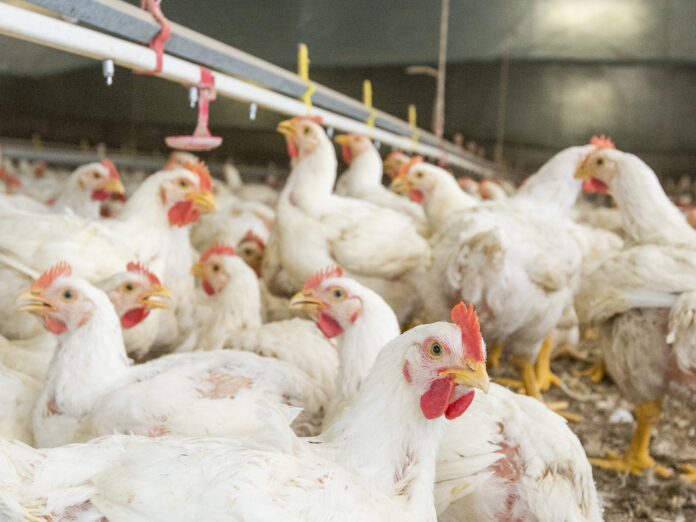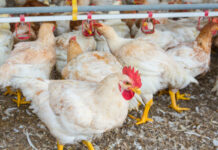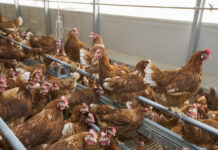
Bulgaria has reported new outbreaks of highly pathogenic avian influenza (HPAI) H5N1 on three commercial farms in the municipality of Rakovski, Plovdiv province, according to the World Organisation for Animal Health (WOAH). The affected flocks, consisting of around 28,000 mallard ducks, showed increased mortality and clinical signs of infection.
The Bulgarian Food Safety Agency confirmed that the three outbreaks were detected earlier this week, following a nearly five-month hiatus in confirmed cases in the country. These new outbreaks form part of a wider trend: according to the European Commission’s Animal Disease Information System (ADIS), Bulgaria has recorded a total of 10 outbreaks of HPAI H5N1 in poultry during 2025, with the three most recent cases in Rakovski officially notified on 26 August.
Control measures have been implemented at the affected sites, including the establishment of a 3-km protection zone and a 10-km surveillance zone. Infected flocks are being culled, and owners of culled birds are entitled to financial compensation. The Agency continues to urge poultry keepers to strengthen biosecurity and to report any unusual mortality or morbidity in their flocks.
At the European level, the latest ADIS figures (as of 20 August) show 252 outbreaks of HPAI in commercial poultry across 19 countries in 2025. In addition, 75 outbreaks in captive birds (backyard flocks, hobby poultry, and zoos) have been reported in 18 countries. No other new cases in domestic birds were registered in Europe during the week of 21–27 August, with Bulgaria the only country reporting fresh notifications.
The re-emergence of avian influenza in Bulgaria comes as Europe enters a seasonal upturn in virus circulation. The disease remains a major concern for animal health and poultry production, with significant implications for trade, food security, and public health due to its zoonotic potential.

















